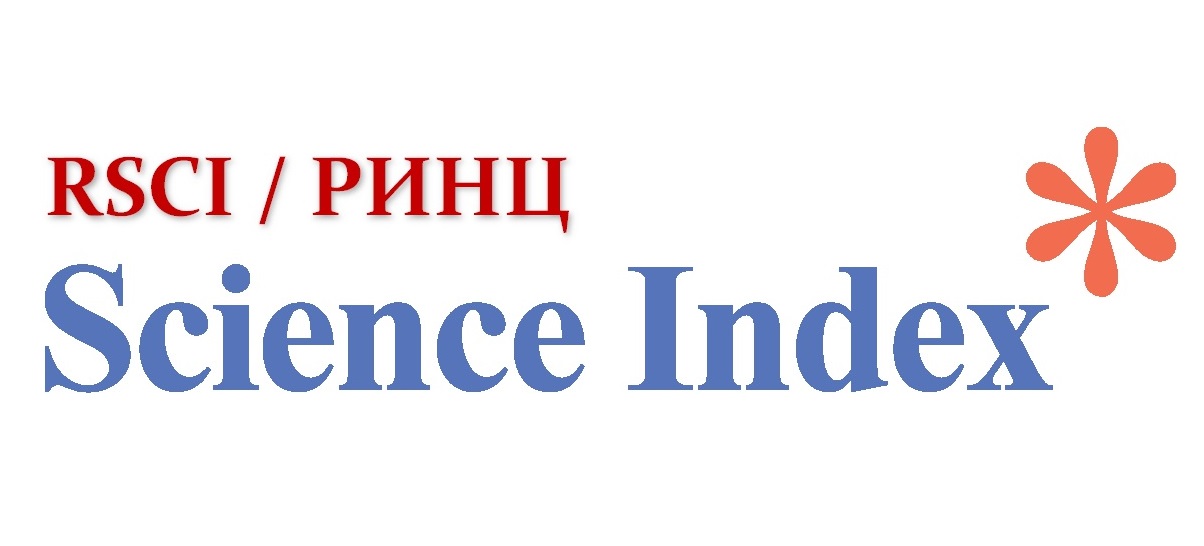Problems of ensuring transparency of the fiscal sphere of Kazakhstan
Views: 260 / PDF downloads: 222
DOI:
https://doi.org/10.32523/2789-4320-2024-1-210-222Keywords:
transparency, financial literacy, fiscal policy, economic transformationAbstract
Kazakhstan, as a country with a diverse economy and rich natural resources, strives for sustainable economic development and strengthening its position in the world arena. One of the key factors contributing to the achievement of these goals is transparency in the fiscal sphere.
The purpose of the article is to study the impact of financial transparency on citizens' trust in local authorities and their behavior in relation to income payment. When explaining the relationship between financial transparency, trust and willingness to pay, it relies on management and public choice theories.
Based on the conducted research, it was found that financial transparency has a positive effect on citizens' trust in local authorities and their willingness to pay taxes and fees. The study also showed that both financial transparency and trust in local authorities in Kazakhstan are not at a high level.
The practical significance lies in assessing the importance of financial transparency to increase trust and willingness to pay. Thus, local authorities are encouraged to look for innovative ways to improve the quality and accessibility of financial information for citizens.
The study shows that the heads of local authorities who maximize the budget prefer to increase the mobilization of income in order to be able to provide more public services that meet the expectations of citizens.
Downloads
Downloads
Published
How to Cite
Issue
Section
License
Copyright (c) 2024 Г. Мауленбердиева, М. Баетова, И. Баубекова

This work is licensed under a Creative Commons Attribution-NonCommercial 4.0 International License.






